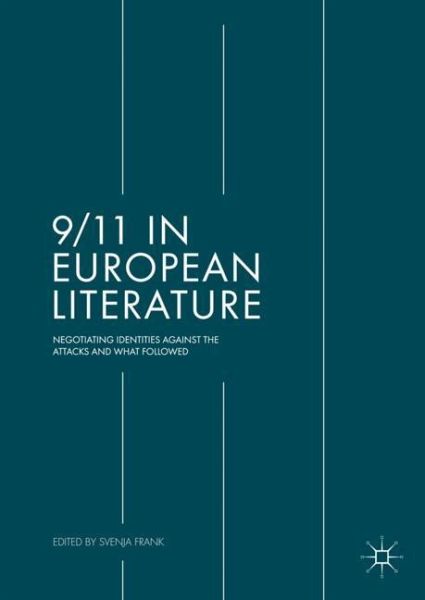
9/11 in European Literature
Negotiating Identities Against the Attacks and What Followed
Herausgegeben: Frank, Svenja

PAYBACK Punkte
38 °P sammeln!
This volume looks at the representation of 9/11 and the resulting wars in European literature. In the face of inner-European divisions the texts under consideration take the terror attacks as a starting point to negotiate European as well as national identity. While the volume shows that these identity formations are frequently based on the construction of two Others-the US nation and a cultural-ethnic idea of Muslim communities-it also analyses examples which undermine such constructions. This much more self-critical strand in European literature unveils the Eurocentrism of a supposedly gener...
This volume looks at the representation of 9/11 and the resulting wars in European literature. In the face of inner-European divisions the texts under consideration take the terror attacks as a starting point to negotiate European as well as national identity. While the volume shows that these identity formations are frequently based on the construction of two Others-the US nation and a cultural-ethnic idea of Muslim communities-it also analyses examples which undermine such constructions. This much more self-critical strand in European literature unveils the Eurocentrism of a supposedly general humanistic value system through the use of complex aesthetic strategies. These strategies are in itself characteristic of the European reception as the Anglo-Irish, British, Dutch, Flemish, French, German, Italian, and Polish perspectives collected in this volume perceive of the terror attacks through the lens of continental media and semiotic theory.














